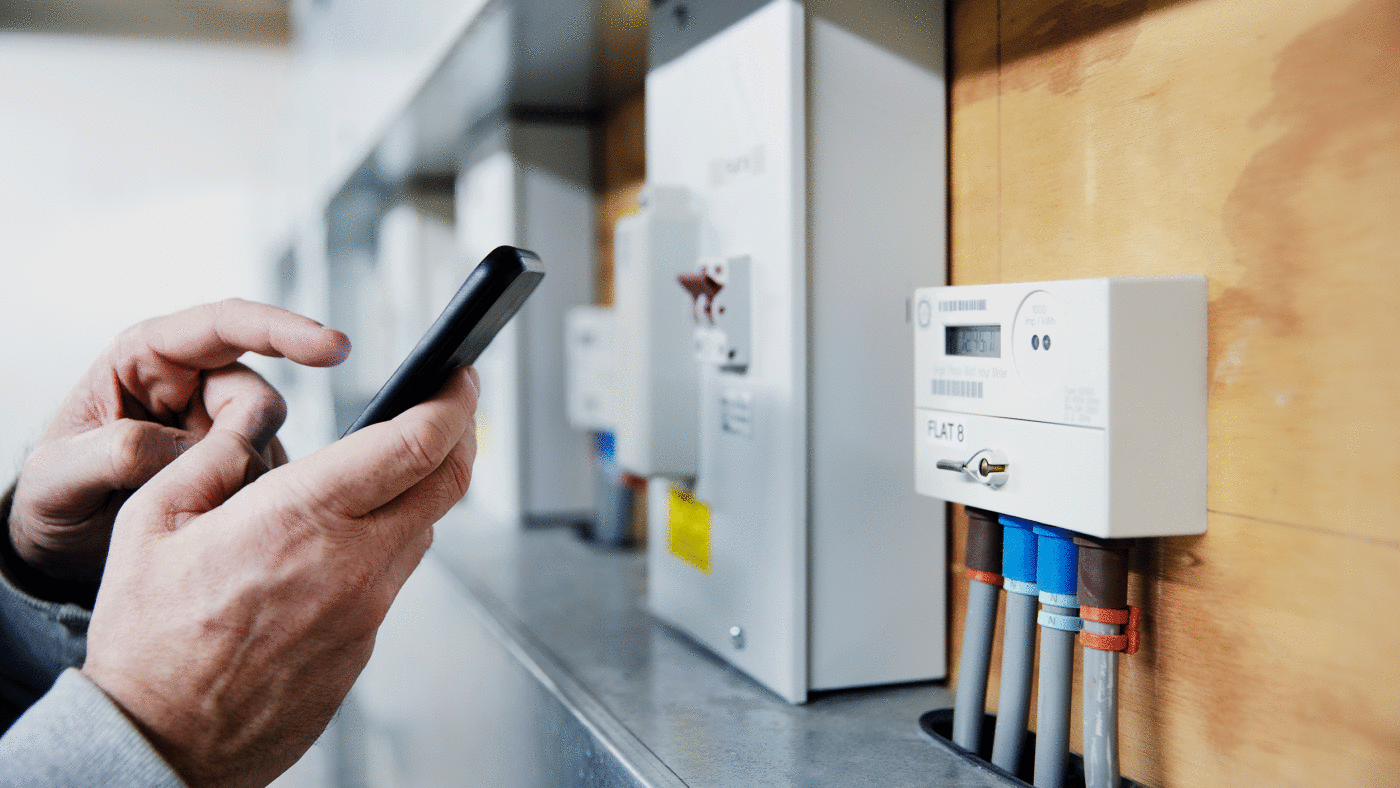It often feels like the current energy crisis is being driven by external factors beyond our control. Putin’s aggression and the pandemic have sent bills spiralling, and much of the progress towards our climate goals of net zero carbon have thus far relied heavily on distant and vast offshore wind farms.
But there is more that individual households can do to take back control of their own energy supply and improve our environment at the same time.
Now, I’m absolutely not suggesting that people should have to to sit at home with no lights on, or turn the TV off at a critical moment to save the planet. This is about harnessing the power of technology to become much smarter about the energy we use.
At a time when appliances are becoming ever more connected, electric cars commonplace and where gas boilers will ultimately become obsolete, why not offer financial incentives to help families with the transition to cleaner technology?
Smart household systems can allow users to manage when to cheaply charge their cars, optimise when the heating comes on or even subtly adjust the temperature of the fridge throughout the day. Encouraging their use would help shift a portion of their electricity use to times when it’s cleaner and cheaper – putting money in people’s pockets instead of paying gas-fired power stations to compensate the grid when the wind doesn’t blow.
The potential of this has been demonstrated with trials such as the Crowdflex project which showed that, given the right incentives, households are willing and able to reduce their electricity use during peak hours over a period of six months, helping reduce both their energy bills and their carbon footprint.
When many families are struggling to pay the bills and energy security is at the forefront of our minds, this marks a real opportunity for families to take back control over their energy use without making significant changes to their lifestyle.
But it doesn’t end there. Market reforms could enable communities and individuals to get involved in generating electricity too. Currently, overbearing regulation stops small scale suppliers from selling electricity directly into their local community. Changing this and would allow households to buy their energy from small wind turbines on the roof of their village hall, or from solar panels at a nearby school, taking electricity production out of the exclusive hands of the big suppliers.
Changing this regulation is simply a matter of making the market freer by removing barriers to entry. Like shopping at your local farmers market, shopping locally for your energy would keep money within your community and potentially offer greater choice and more competitive prices.
This would unlock a huge raft of new investment, as local businesses, councils and even individuals could become energy suppliers, with the option of reinvesting their profits in more technology to produce, store and share energy. If that doesn’t sound like levelling up, then I don’t know what does.
This local energy revolution has already begun, with projects such as Octopus Energy’s ‘Plots for Kilowatts’, which offers communities the opportunity to lower their energy bills by hosting onshore wind turbines on their land.
We have never been better equipped to seize control of our energy and make sure it delivers for us where it matters most – in our homes.
Click here to subscribe to our daily briefing – the best pieces from CapX and across the web.
CapX depends on the generosity of its readers. If you value what we do, please consider making a donation.


